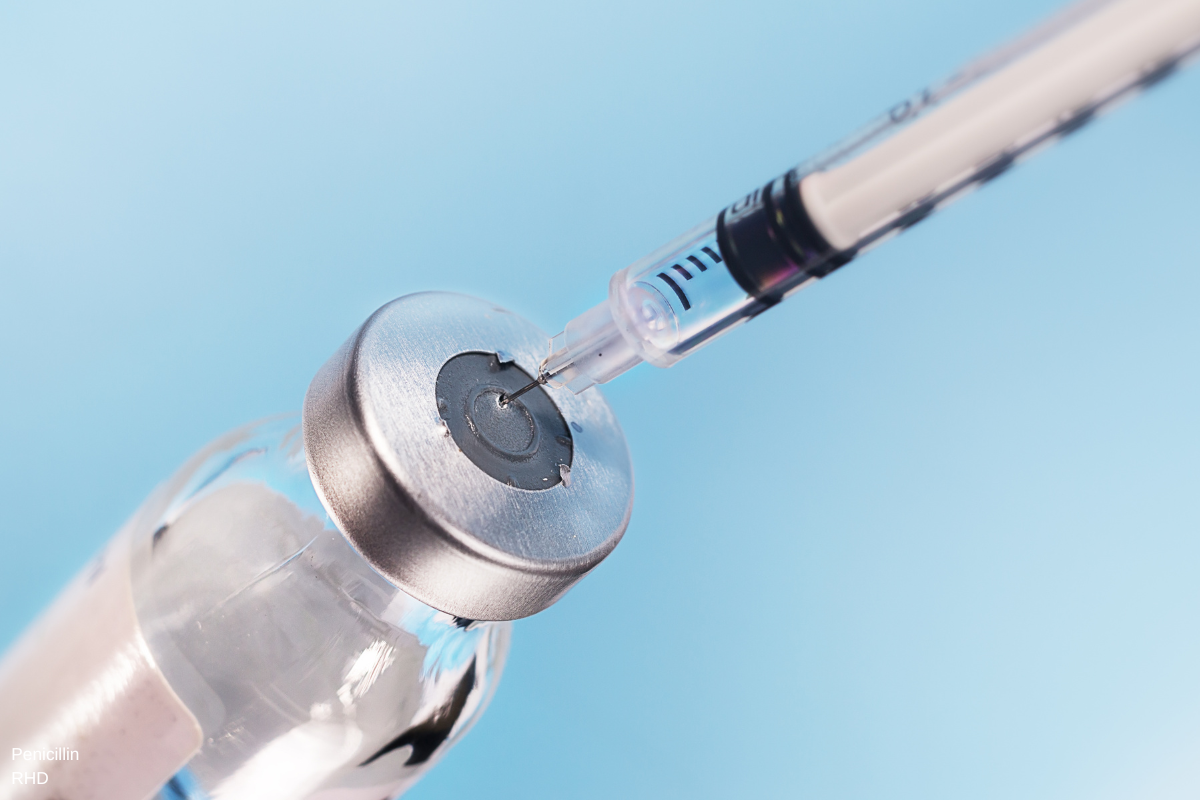“Hurts less, lasts longer”, is a quote from a young participant who was part of our world-first subcutaneous injection of penicillin (SCIP) trial.
Before SCIP, rheumatic fever patients would need to receive painful monthly injections of penicillin for a minimum of 10 years to prevent the development of rheumatic heart disease. This inconvenient, painful regimen has remained the same for the last 70 years.
An estimated 60% of rheumatic fever cases progress to carditis and permanent heart value damage, known
as rheumatic heart disease which can cause death.
This program builds on a body of work which has shown striking results. Our early trials demonstrated that by delivering penicillin as an “implant” via SCIP, patients retain the desired penicillin concentrations for at least 3 months. This project will expand the trial into other regions of New
Zealand. In addition, will utilise a previously developed rangatahi Māori and Pacific
patient and whānau centered model of care to implement the delivery of SCIP. The
model’s effectiveness and responsiveness to rangatahi Māori and Pacific patients,
whānau and health care workers involved in the delivery of SCIP will be evaluated.
This project will expand the trial into other regions of New
Zealand. In addition, will utilise a previously developed rangatahi Māori and Pacific patient and whānau centered model of care to implement the delivery of SCIP.
The model’s effectiveness and responsiveness to rangatahi Māori and Pacific patients, whānau and health care workers involved in the delivery of SCIP will be evaluated.
read more




